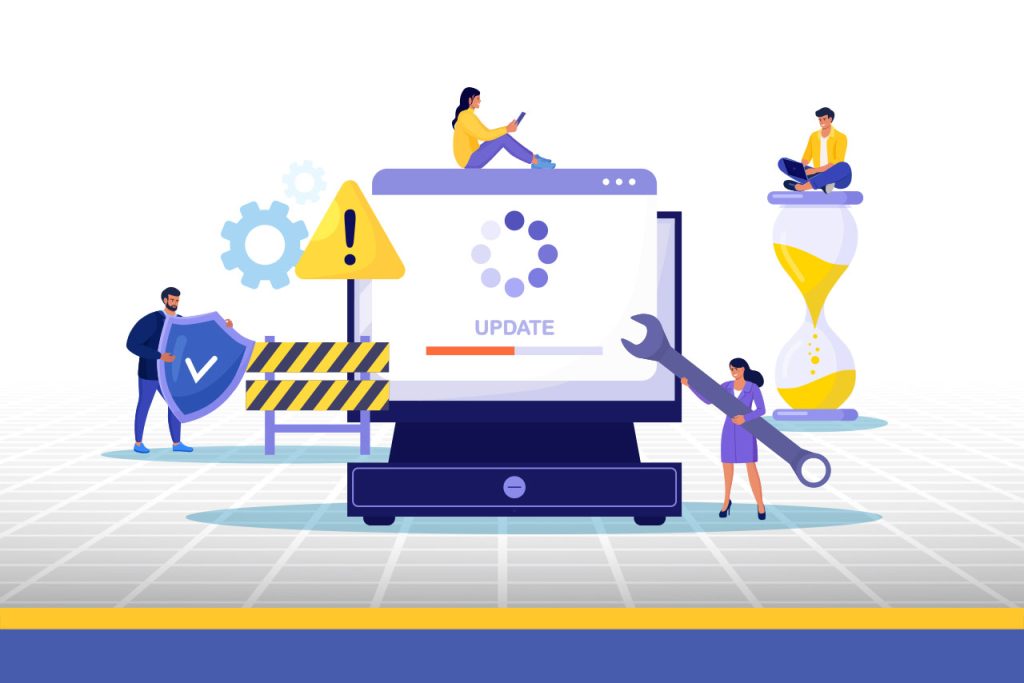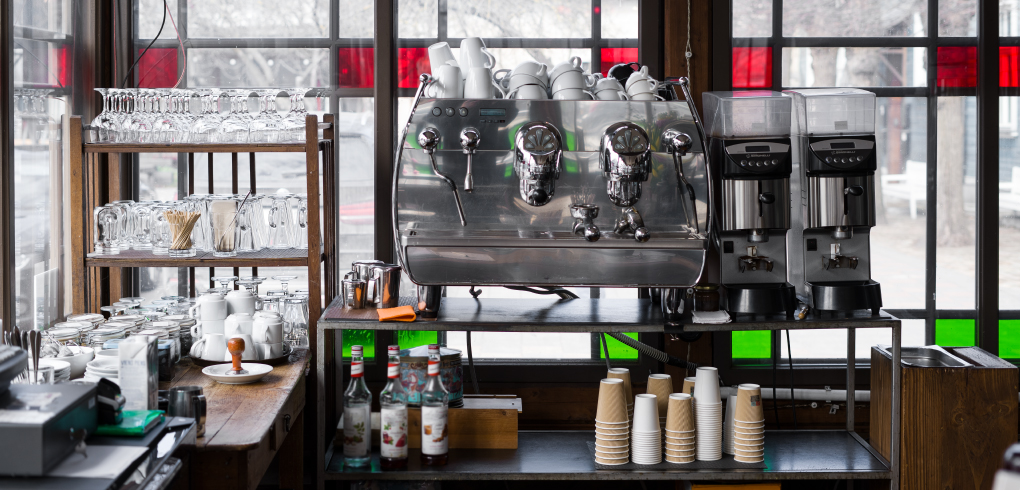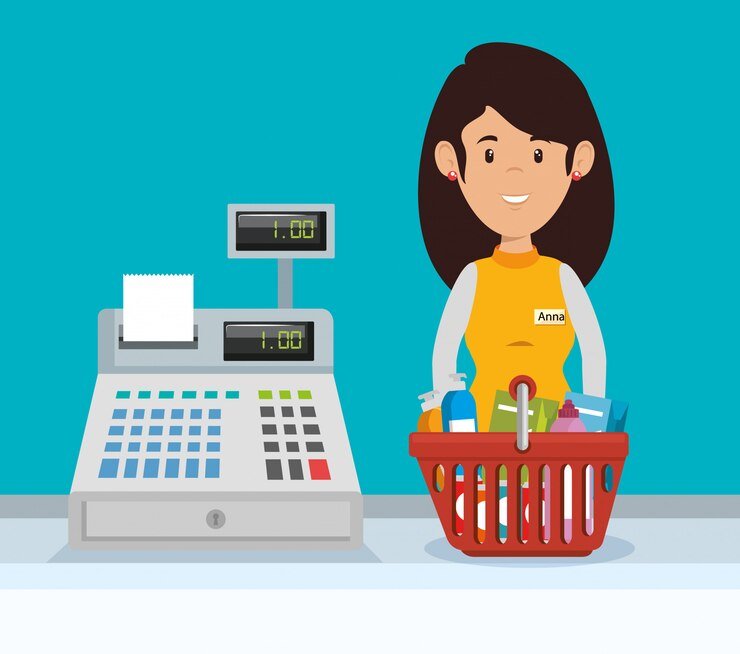POS System Features You Didn’t Know You Needed

When most people think of a Point of Sale (POS) system, they envision a simple cash register or a basic transaction-processing tool. However, modern POS systems are much more than that. With continuous advancements in technology, today’s POS solutions are equipped with a plethora of features designed to streamline business operations, improve customer experience, and provide insightful data analytics. Some of these features are often overlooked but can significantly impact how efficiently and profitably you run your business.
Here are some POS system features you might not know you needed:
1. Customer Relationship Management (CRM) Integration
In today’s competitive market, businesses need to understand their customers better than ever before. Many modern POS systems come with built-in CRM features or integrate seamlessly with third-party CRM tools. This allows you to track customer purchase history, preferences, and even personal details like birthdays. With this data, you can create targeted marketing campaigns, personalized offers, and loyalty programs tailored to your customers’ behaviors.
By leveraging CRM features within your POS system, you can also easily reward repeat customers, offer VIP discounts, or provide special promotions during key dates. The ability to manage and nurture customer relationships directly from your POS can enhance customer loyalty and increase sales.
2. Inventory Management with Real-Time Updates
Gone are the days of manual inventory tracking. Modern POS systems often come with robust inventory management features that allow you to monitor stock levels in real-time. But beyond just tracking inventory, advanced POS systems can send automated low-stock alerts, predict future restocking needs based on sales patterns, and even place orders directly with suppliers.
This feature is crucial for preventing both overstocking and understocking, saving you money, reducing waste, and ensuring that you always have the right products on hand to meet customer demand. Furthermore, real-time updates allow you to keep a closer eye on your inventory across multiple store locations, ensuring seamless inventory management.
3. Employee Management Tools
Many businesses struggle with tracking employee hours, performance, and responsibilities. A lesser-known feature of many POS systems is the built-in employee management functionality. This allows managers to schedule shifts, track employee hours, and monitor sales performance all from one interface.
By tying sales performance data directly to individual employees, you can see who your top performers are, reward high-achievers, and even identify areas where additional training might be needed. Plus, this can also help streamline payroll processing by ensuring that employee hours and tips are accurately recorded and reported.
4. Mobile POS Functionality
With the rise of mobile commerce, having the ability to process sales beyond a stationary register is increasingly important. Many modern POS systems now offer mobile POS (mPOS) solutions that let you process payments from a tablet or smartphone. This is especially useful for businesses with pop-up shops, trade shows, food trucks, or those offering curbside pickup and delivery services.
\mPOS allows employees to engage directly with customers on the sales floor, eliminating long checkout lines and enhancing the customer experience. It also provides the flexibility to take your business on the go, ensuring you’re ready to make a sale wherever your customers are.
Also read : Why Your Grocery Store Needs a POS System
5. Advanced Analytics and Reporting
One of the most underrated features of modern POS systems is their ability to provide detailed analytics and reporting. Beyond simple sales reports, many POS systems offer insights into sales trends, peak business hours, employee performance, and even customer preferences.
With access to advanced reporting tools, you can make data-driven decisions to improve your business. For example, you can determine which products are your top sellers and which ones might need to be discontinued. You can also pinpoint peak hours to ensure you have enough staff on hand to meet demand, or identify underperforming employees who may need additional training.
6. Loyalty and Rewards Program Integration
Loyalty programs have become a staple in customer retention strategies, and your POS system can play a critical role in managing these programs. Many POS systems allow you to integrate or even build loyalty programs directly into the platform. This means that every time a customer makes a purchase, their loyalty points or rewards are automatically tracked and applied, providing a seamless experience.
By using the loyalty program data within your POS system, you can identify your most loyal customers and offer them targeted rewards or promotions, further encouraging repeat business.
7. Multi-Location Management
For businesses with multiple locations, managing everything from one centralized platform can be a game-changer. A modern POS system can allow you to manage all your stores from a single dashboard. This means you can track sales, inventory, and employee performance across multiple locations without having to toggle between systems.
This feature simplifies inventory transfers between locations, allows you to run chain-wide promotions, and ensures that you have full visibility into your business’s performance no matter where you are.
8. Omnichannel Capabilities
In the age of e-commerce, being able to seamlessly integrate online and offline sales is crucial. POS systems with omnichannel capabilities allow you to unify your online and in-store transactions, providing a seamless shopping experience for customers who may want to buy online and pick up in-store or vice versa.
This ensures that your inventory is synced across all channels and that customer orders are managed efficiently. The ability to track sales from multiple channels also provides valuable insights into customer shopping behaviors, allowing you to optimize both your online and offline sales strategies.
Conclusion
Modern POS systems are far more than simple transaction processors. From advanced inventory management to CRM integration, employee tracking, and omnichannel support, these features can help you run a more efficient, profitable, and customer-centric business. By leveraging these lesser-known but powerful POS system features, you can streamline operations, make better business decisions, and ultimately improve your bottom line.
Visit our site at www.dibtech.com.au
Visit our YouTube channel for tutorials Dibtech






